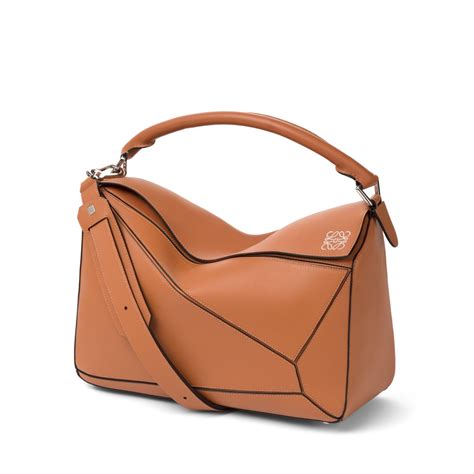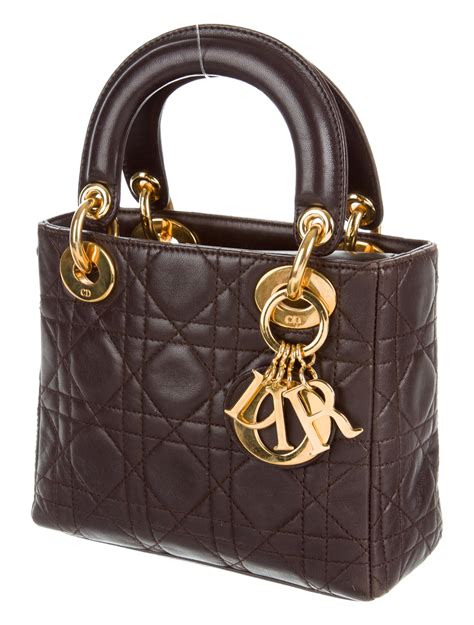кирке духи дуглас | Описание аромата Kirke от Tiziana Terenzi.
$239.00
In stock
The allure of a luxury fragrance is undeniable. It's more than just a pleasant scent; it's a statement, an invisible aura that whispers of sophistication, confidence, and perhaps, even exclusivity. In the world of high-end perfumes, Tiziana Terenzi's Kirke has carved out a significant niche, becoming a recognizable name, particularly within certain circles. But beyond the captivating aroma and elegant bottle, questions arise. How much of its popularity is genuine appreciation, and how much is fueled by carefully orchestrated marketing and the desire for status? This article delves into the world of Kirke, exploring its olfactory profile, dissecting its marketing strategies, examining its appeal to both men and women, and ultimately, questioning the line between genuine appreciation and the pursuit of perceived status through a well-promoted fragrance. We'll also look at real user experiences, address common concerns, and explore the full spectrum of opinions surrounding this polarizing perfume, especially as it relates to retailers like Douglas.
The Allure of Kirke: An Olfactory Journey
Before we delve into the complexities of marketing and perception, let's first understand the fragrance itself. Kirke, created by Paolo Terenzi, is a unisex fragrance belonging to the fruity chypre family. Its composition is often described as a vibrant and multifaceted olfactory experience.
* Top Notes: The opening is typically described as a burst of juicy, tropical fruits. Passion fruit, peach, raspberry, blackcurrant, and pear are frequently mentioned as the dominant players in this initial impression. This fruity explosion is what initially grabs attention and contributes to Kirke's playful and energetic character.
* Heart Note: The heart of Kirke is where the magic, and perhaps the controversy, lies. It features a prominent note of lily of the valley (or mughetto), which adds a delicate floral sweetness that balances the intensity of the fruit. However, some perceive this note differently, describing it as having a slightly powdery or even synthetic edge.
* Base Notes: The base notes are what give Kirke its longevity and depth. Musk, vanilla, sandalwood, patchouli, and heliotrope create a warm, sensual, and earthy foundation. These notes linger on the skin long after the initial fruity burst has faded, leaving a lasting impression.
Kirke: A Unisex Appeal
Tiziana Terenzi Kirke is marketed as a unisex fragrance, and its appeal certainly transcends traditional gender boundaries. The fruity sweetness in the top notes often attracts women, while the musky and woody base notes appeal to men. This versatility is one of the key reasons for its widespread popularity.
* For Women: Women often appreciate the playful and energetic character of Kirke, finding it suitable for both daytime and evening wear. The fruity sweetness and floral heart create a feminine and alluring aura.
* For Men: Men are drawn to the deeper, more grounding elements of Kirke, particularly the musk, sandalwood, and patchouli. These notes add a touch of masculinity and sophistication, making it a suitable fragrance for confident and modern men.
Tiziana Terenzi Kirke: Reviews and Reactions
The online landscape is filled with reviews and opinions about Kirke, showcasing a wide range of experiences. While some rave about its unique and captivating scent, others find it overwhelming, synthetic, or even unpleasant.
* Positive Reviews: Enthusiasts often praise Kirke for its longevity, projection (how far the scent travels), and its ability to garner compliments. They describe it as a bold, confident, and unforgettable fragrance. Many appreciate its versatility, finding it suitable for various occasions and seasons.
* Negative Reviews: Detractors often criticize Kirke for being too synthetic, too loud, or too generic. Some find the fruity notes cloying or the musk overpowering. Others complain about its widespread popularity, arguing that it has become too ubiquitous and lost its uniqueness. A common complaint revolves around the price point not justifying the perceived quality, especially when compared to niche fragrances with more complex and natural compositions.
The Marketing Machine and the Illusion of Statusкирке духи дуглас
This is where the crux of the issue lies. The success of Kirke, and fragrances like it, isn't solely based on the inherent quality of the scent. A significant portion of its popularity is fueled by clever marketing, strategic placement, and the association with a certain lifestyle or status.
* Strategic Partnerships: Luxury brands often collaborate with influencers, celebrities, and other high-profile individuals to promote their products. These partnerships create a sense of aspiration and desire, encouraging consumers to associate the fragrance with a desirable lifestyle.
* Exclusivity and Scarcity: Creating a perception of exclusivity and scarcity, even if artificial, can significantly increase demand. Limited edition releases, exclusive retail partnerships (like with Douglas), and carefully controlled distribution contribute to this perception.
* The Power of Perception: Marketing campaigns often focus on creating an emotional connection with consumers, appealing to their desires for confidence, sophistication, and belonging. The fragrance becomes more than just a scent; it becomes a symbol of something greater.
The problem arises when the marketing overshadows the actual product. Consumers may be drawn to Kirke not because they genuinely love the scent, but because they want to project a certain image or belong to a perceived elite group. This is where the fragrance becomes a "biological weapon," as the initial statement suggests, subtly influencing perceptions and creating a hierarchy based on consumer choices. It's not a weapon in the literal sense, of course, but rather a tool used to signal status and belonging, fueled by carefully crafted marketing narratives.
Additional information
| Dimensions | 7.6 × 4.3 × 3.7 in |
|---|








